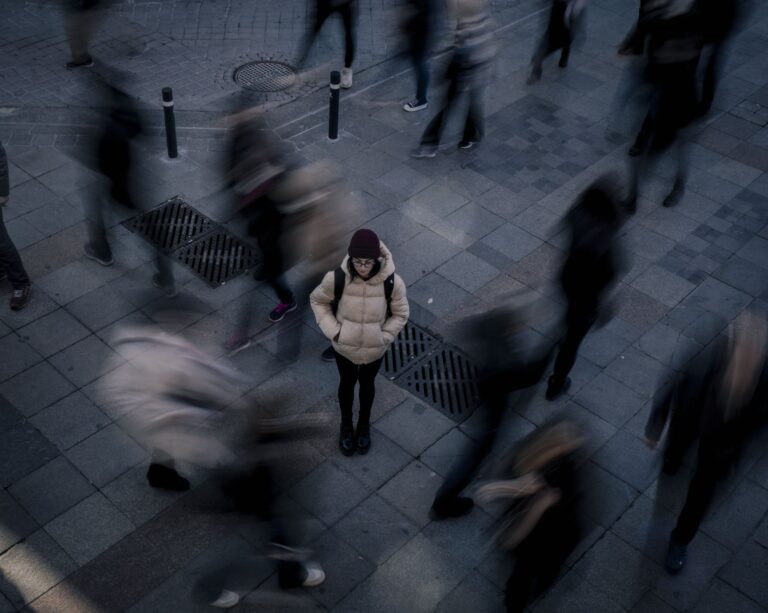Web Accessibility Policies at Land-Grant Universities.
This is a highly cited paper that offers some historical perspective (2010) and provides an overview of web accessibility issues at universities. It includes illustrative tables.
This is a highly cited paper that offers some historical perspective (2010) and provides an overview of web accessibility issues at universities. It includes illustrative tables.
This article prompts educators to look critically at how ableism has been designed into technology and how it colours our assumptions about what we expect of technology.
This article offers an approachable, theoretically situated entry point for transformative research methods.
Hooks notion of engaged pedagogy builds on critical pedagogy of the oppressed theories by expressly discussing the politics of engaging with the non-normative bodies in the classroom. She she also talks about the radial notion of “well being” in the classroom. This text offers educators pedagogical pathways toward anti-racist and anti-oppressive learning environments.
Educators like seeing theory and practical strategies come together. This theory-building paper offers many practical steps educators can take to make their courses more accessible to learners with and without disabilities.
This brief paper offers insights into the lived experience of 10 learners from an Ontario university who self-identify as having “invisible” disabilities.
This study indicates few educators broach the subject on the first day of class when they review syllabi, policy and other course-structuring topics. It also contrasts a relational and inclusive approach with more typical transactional talk.
This study illustrates assessment practices that can disable learners. Quotes from learners foreground their concerns with, and realities of, utilizing extra time accommodations.
This case study makes a unique contribution by delving into the ethics of digital accessibility testing in post-secondary education. It offers a Disability Justice informed, disabled-learner-centred model for participation that could be replicated by researchers and those involved in the development, testing and procurement of educational technology in post-secondary.
This brief paper illustrates what facets of digital accessibility are relevant for educators, and introduces the concept of “accessible digital content literacy skills,” skills specifically related to reading, identifying, curating, and writing/creating accessible digital content.

An individual learner may experience digital inaccessibility in learning environments, activities, materials and assessments, all within their learning community.
This is a foundational text from the Disability Justice movement and a must read.
This book is a compendium of contemporary thinking and scholarship on the past, present and future digital practices in post-secondary education relative to learners with disabilities.
This easy-to-digest podcast outlines things educators need to consider when thinking about what makes a learning environment or a pedagogical approach accessible in post-secondary.
This article is included here with my “points of contention” annotations to illustrate how the UDL framework and much UDL literature ignores digital accessibility and accessible social learning experiences, and how uncritical application of UDL principles to address the needs of disabled learners can inadvertently marginalize disabled learners in post-secondary.